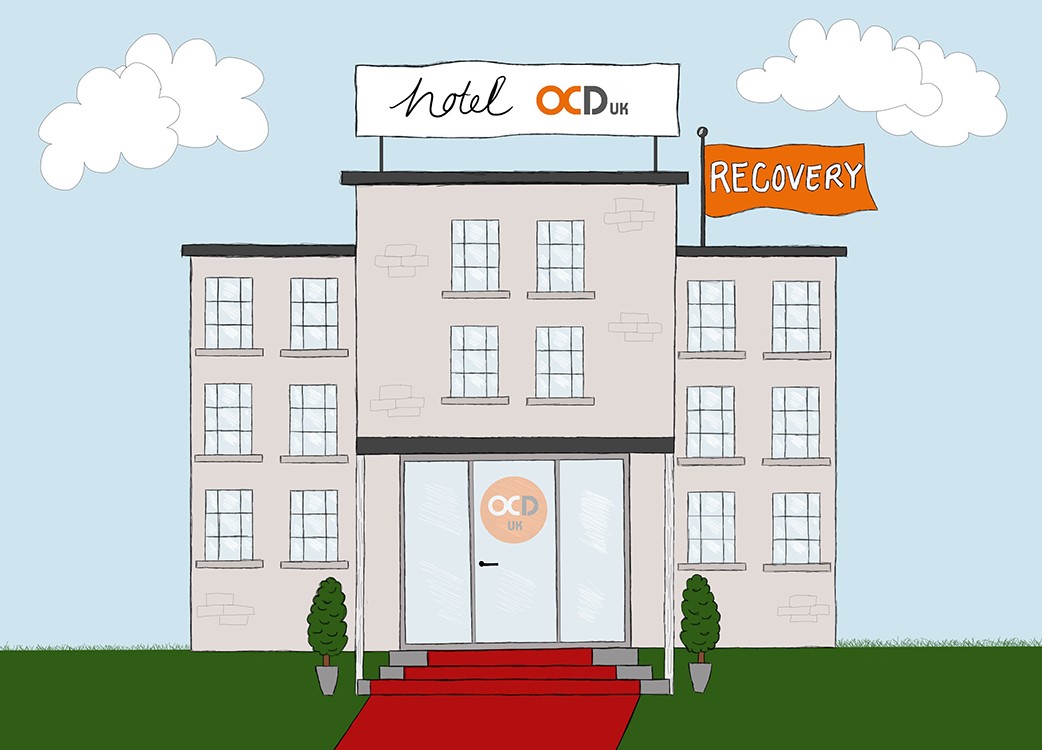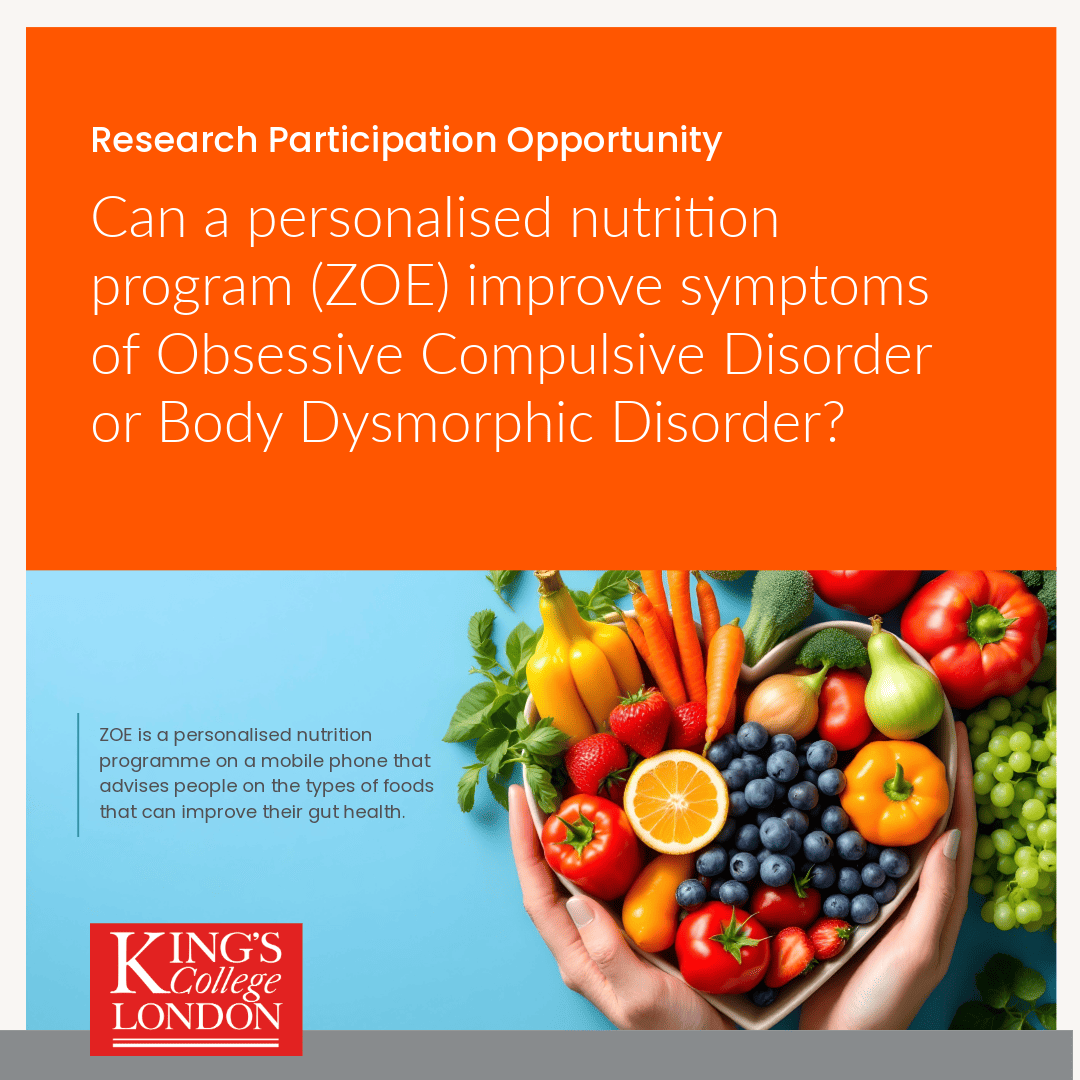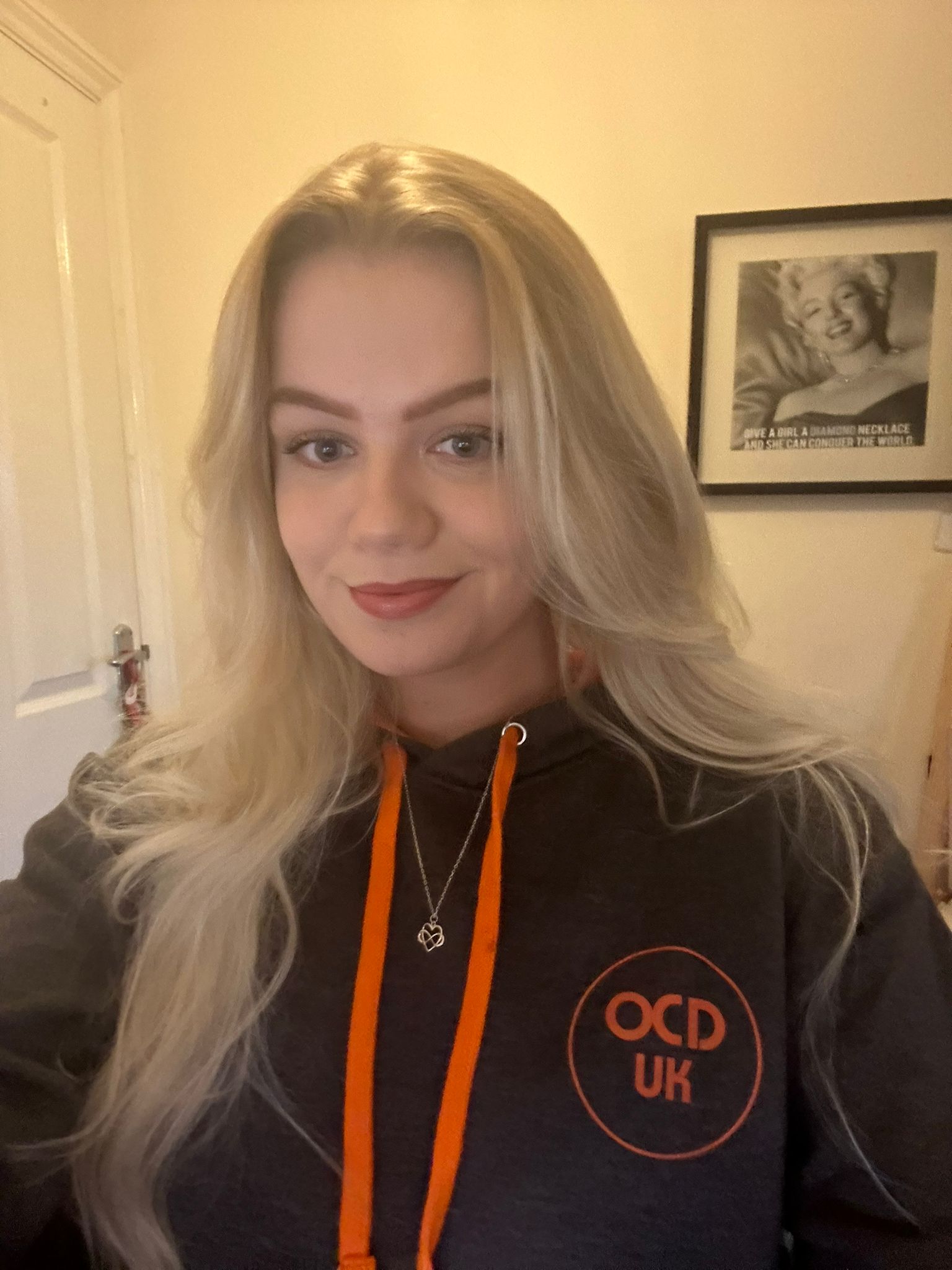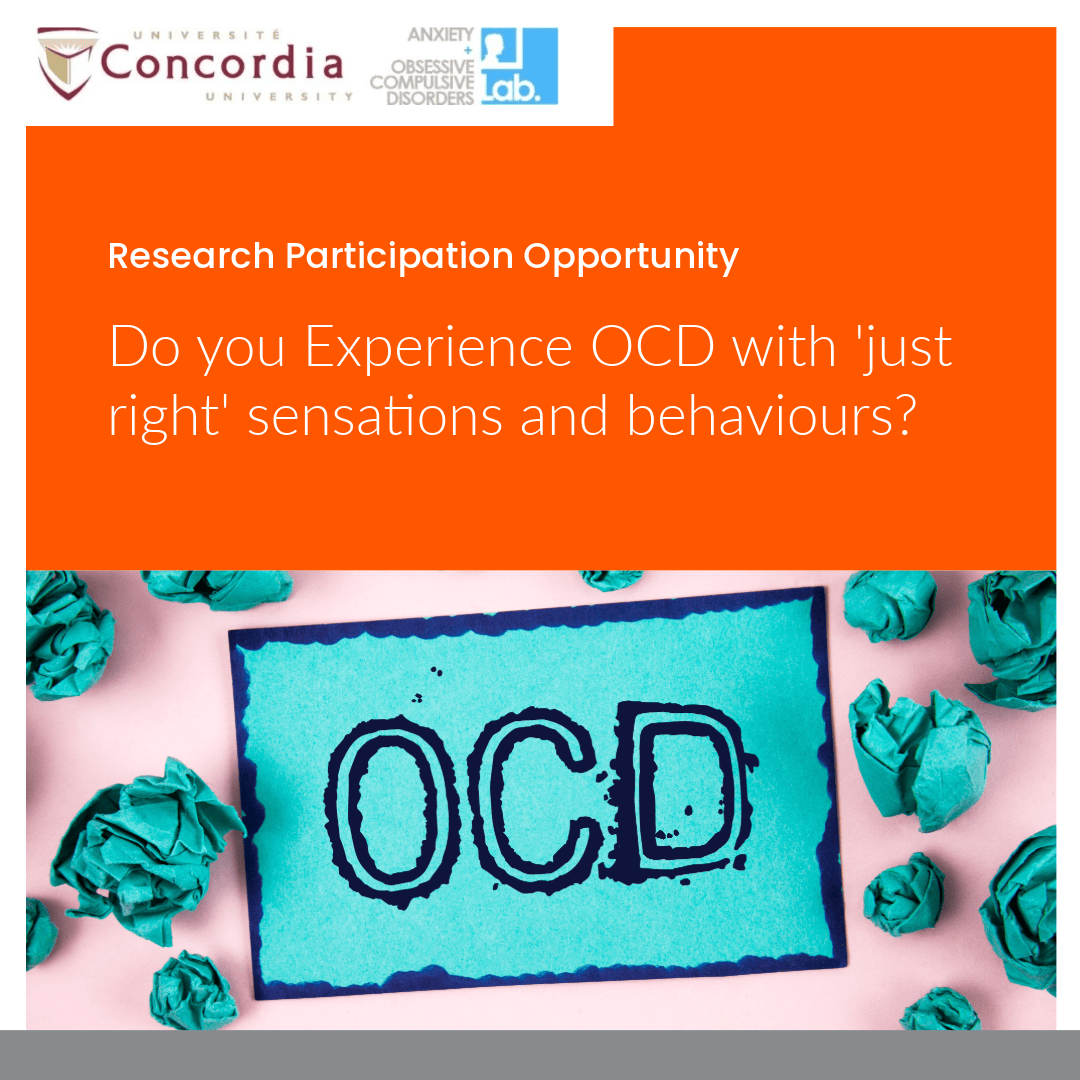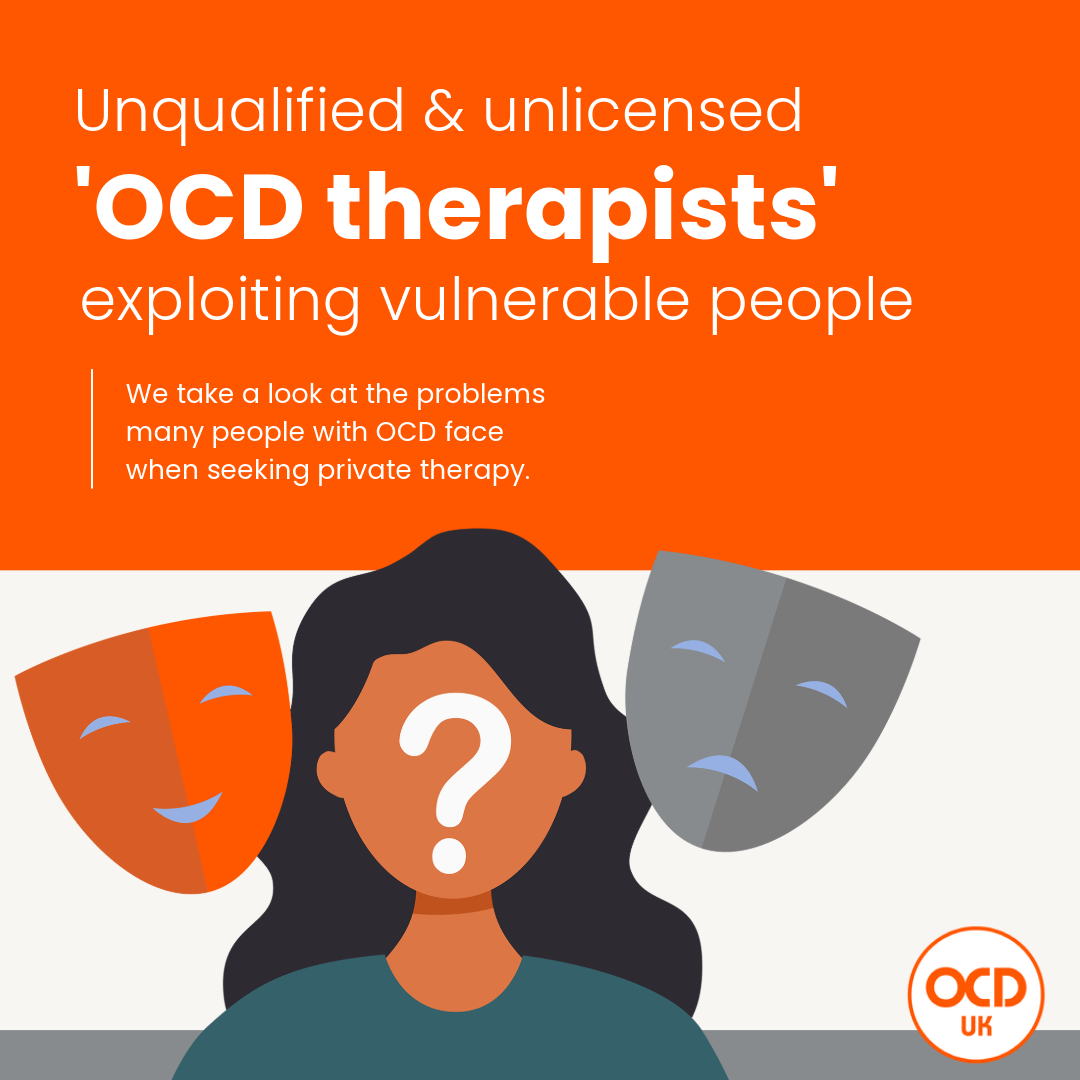2021 Virtual OCD-UK Conference - Welcome to Hotel OCD-UK, flying the flag for recovery!
It’s not the thought that counts: Unpacking the different types of thoughts and thinking in OCD
Professor Adam Radomsky, Concordia University, Montréal, QC
Presentation subject
Professor Adam Radomsky is Professor of Psychology at Concordia University. He joined Concordia in 2001 after the completion of his Ph.D. in clinical psychology at the University of British Columbia and a fellowship at Harvard Medical School / Massachusetts General Hospital. Professor Radomsky is the Director of the Anxiety and Obsessive-Compulsive Disorders Laboratory, and a Core Member of the Centre for Clinical Research in Health (CCRH). His research investigates cognitive, behavioural and emotional aspects of OCD and a number of other anxiety disorders, as well as ways to enhance the effectiveness and acceptability of cognitive-behaviour therapy (CBT) for anxiety disorders and related problems.
He is a Fellow of the Canadian Psychological Association (2014), was the Founding President of the Canadian Association for Cognitive and Behavioural Therapies (2010), and has received several institutional, national and international awards for his work. These include the Concordia University Faculty of Arts and Science Mid-Career Award for Distinguished Scholarship (2012), the Canadian Psychological Association's President's New Researcher Award (2007), being named a Beck Institute Scholar (2005-06) and receiving a Canadian Institutes of Health Research (CIHR) New Investigator Award (2004-09). Dr. Radomsky has published a number of peer-reviewed articles and book chapters related to his work on cognition, behaviour and the anxiety disorders, and is a frequent invited speaker at national and international conferences. His research is funded by the Canadian Institutes of Health Research (CIHR) and and has previously been funded by les Fonds de recherche du Québec – santé, the Natural Sciences and Engineering Research Council of Canada (NSERC) and the Social Sciences and Humanities Research Council of Canada (SSHRC). Dr. Radomsky is also a member of L'Ordre des Psychologues du Quebec and is CACBT-ACTCC Certified in Cognitive-Behaviour Therapy and board certified in cognitive therapy by the Academy of Cognitive Therapy. In his clinical practice he specializes in Cognitive Behaviour Therapy (CBT) for adult OCD and other anxiety disorders.
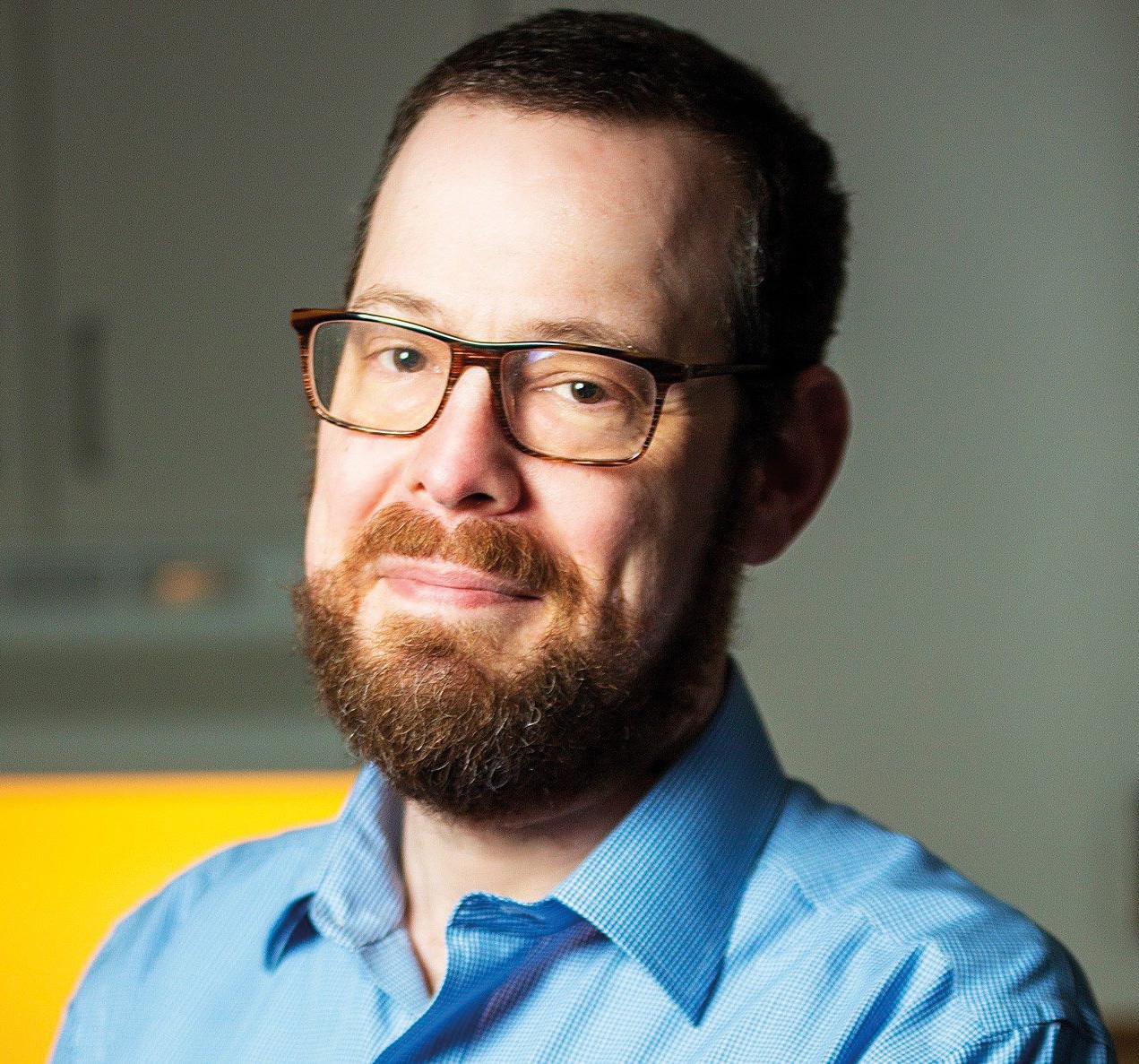
Speakers Books
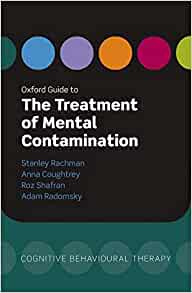
If you do find this presentation helpful, please consider making a small donation to help cover our platform costs.
"Hi, I'm Olive and I'm here to help."
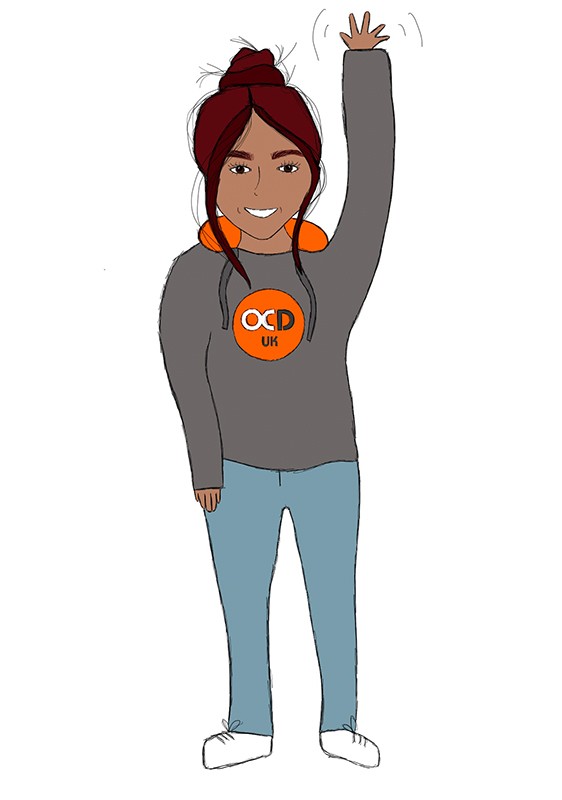
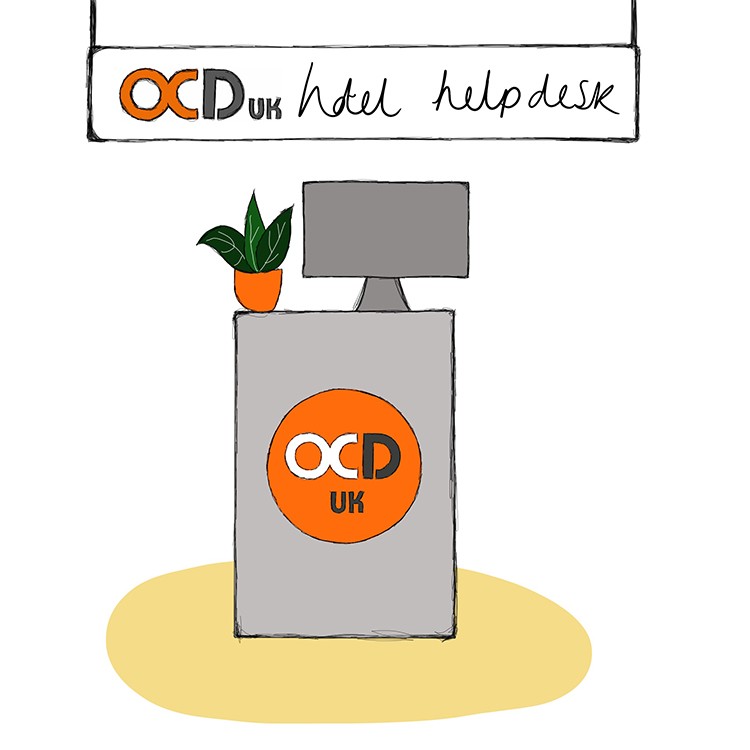
The OCD-UK Diversity and Inclusion Charter
Irrespective of disability, gender, country of origin, race, religion or sexual orientation, everybody is welcomed and respected equally when using, attending and contributing to the OCD-UK online conference and support groups.
Data Policy
By registering for one of our conference presentations you do so accepting our data policy on the sharing of data between Zoom (our provider of meeting services) and OCD-UK. We take your supplied registration data (name and email address) from zoom and store securely. OCD-UK will store your data for up to 12 month but can be removed upon request prior to that. Your data will not be used by OCD-UK for any other marketing purposes other than sending information about the conference presentations you register for and inviting feedback about these presentations. Click here to view our full data and privacy policy.

